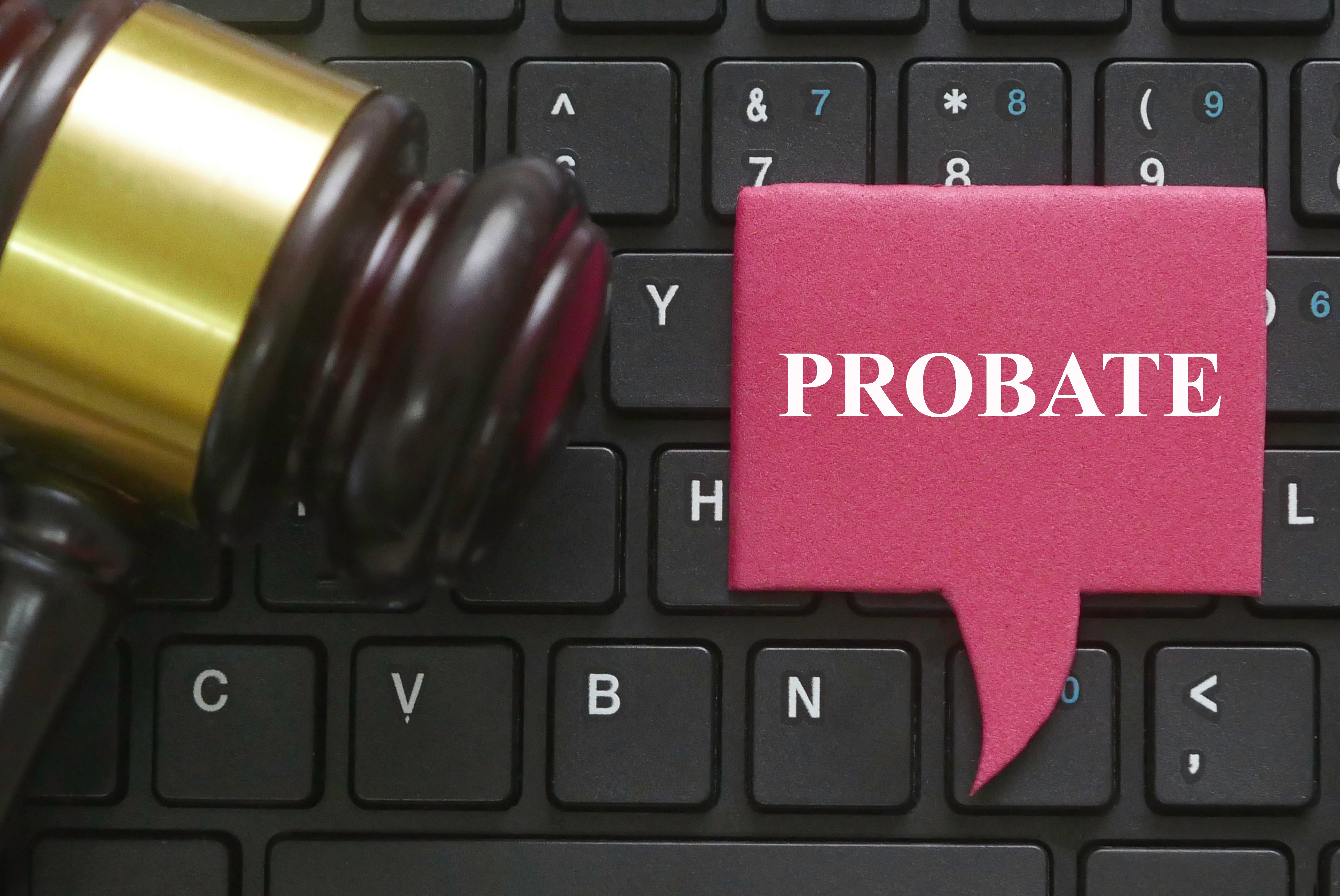Call us now:

In most states the law allows a surviving spouse to make an election against decedent’s will to ensure the surviving spouse receives a fair inheritance. In South Carolina the percentage for an elective share is 1/3 of the “probate estate”. The elective share replaced the old English concept of dower which gave a woman a life estate in a fraction of her husband’s lands acquired at any time during the marriage. Dower was found to be unconstitutional by the South Carolina Supreme Court in 1984 and a violation of the equal protection clauses of the South Carolina and US Constitutions.
Do not confuse an elective share with a spousal share when the decedent dies intestate or without a will. The surviving spouse of a decedent who dies without a will receives 50% of the probate estate if there are children and the children receive the other 50%. If decedent had no children, the surviving spouse receives 100%.
And do not confuse the elective share with an omitted spouse, one who is not named in decedent’s last will and testament because it was prepared before the marriage or who was provided for by his or her spouse outside the will as shown by the amount of transfer or other evidence. See S.C. Code §62-2-301.
It is important to note that a married person not domiciled in South Carolina but having property in this state is governed by the state of decedent’s residence not South Carolina law when determining a person’s rights to and amount of an elective share.
For purposes of the elective share the “probate estate” consists of property passing under the will PLUS the decedent’s property passing by intestacy, reduced by funeral, administrative costs and valid claims against the estate.
The election must be filed by either the surviving spouse, his or her duly appointed attorney-in-fact or pursuant to an order of the probate court when a protected person is involved. A filing for an elective share must be made within 8 months of decedent’s date of death OR 30 days after the surviving spouse is served a summons and petition to set aside an informal probate or to modify or vacate a formal probate of decedent’s will.
The surviving spouse can withdraw his or her election or reduce the demand at any time prior to a final court determination. A hearing is required after which the probate court determines the amount and how contribution will be enforced.
The amendments that became effective in 2014 substantially changed how the elective share is computed in South Carolina. Any assets claimed as part of the homestead allowance under S.C. Code §62-2-401 are included in those that are counted as going to the surviving spouse, as well as those passing under life insurance policies to the surviving spouse, plus any assets he or she would have received but for making a disclaimer or renunciation, the amount he or she receives as beneficiary of an IRA, or as beneficiary of a trust created in decedent’s will or as beneficiary of a revocable living trust created by decedent. Additional provisions are complex.
Regarding Medicaid eligibility the states vary how they interpret use of a power of attorney or court order to claim the elective share. SC is among the states that require action be taken to claim an elective share, unless provisions are made for the institutional spouse pursuant to a special needs trust in a will that meets both the required 1/3 distribution and upon the surviving spouse’s death the balance in the trust is payable to the State in an amount equal to the State’s expenditure for Medicaid. SC will assess penalties and disqualification for Medicaid benefits if the elective share is not satisfied in an acceptable way. Similar results can occur if the institutional spouse or his or her agent files a disclaimer to avoid receiving a bequest. The disclaimer is considered an uncompensated transfer.
You really need to consult with an attorney knowledgeable in estate and probate law if you are thinking of claiming an elective share.
DISCLAIMER The information given in this article is of a general nature and does not create an attorney-client relationship. You should always consult with an attorney regarding the specific facts of your situation. November 2019
WRITTEN BY LINDA KNAPP
You may reprint this article with my permission by showing the Firm’s name and attaching my contact information. If you wish to cite the article you must give full credit to the author, Attorney Linda Farron Knapp. Nothing in this article creates an attorney-client relationship. When the article was written it was good law, that may not be situation at the time of reprint. We advise you seek competent legal advise based on your own factual situation before relying or acting on any legal material you read online.